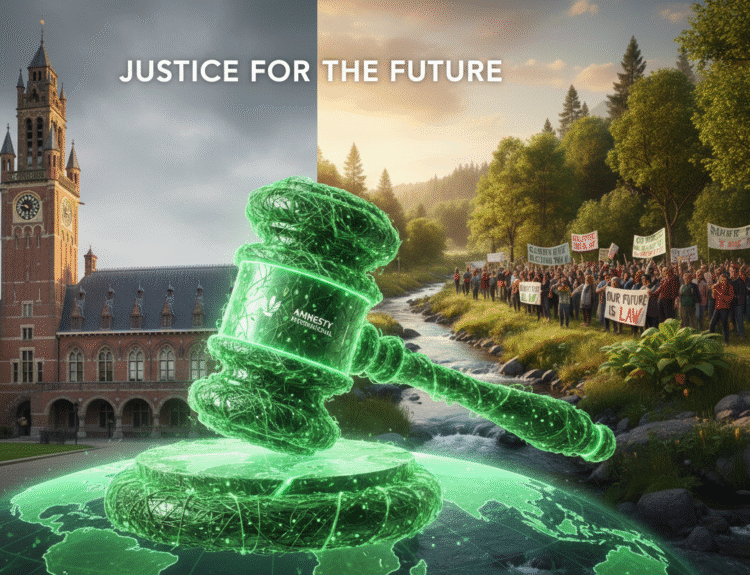Although criminal law in Pakistan authorized Police, Federal Investigation Agency (FIA) and National Accountability Bureau (NAB) investigation or inquiry officer to send notice when requiring attendance of a citizen as witness but in present cyber regime question arises whether physical attendance of the required person is mandatory.
Addressing this very important question Advocate Umer Gilani said the Police, FIA and NAB often send bald notices to citizens under Section 160 of the Code of Criminal Procedure, (CrPC) 1898, directing them to come to the police station because they might be acquainted with the facts of a criminal case.
Advocate Umer Gilani expressed, “This experience can be quit harassing for a private citizen – Luckily, the law and Constitution provide some useful guidance on the subject. He further pointed out that the courts have settled in a number of cases that call up notice must disclose the particulars of the case under investigation and also the particular questions which a person has to answer.
“Answers can be sent in writing”, Advocate Gilani stated. He was of the view, “Back when the CrPC was written and promulgated, we didn’t have telephones leave alone videoconferencing facilities – In this day and age, even where a person’s physical presence is essential, attendance through virtual means should be sufficient”,.





